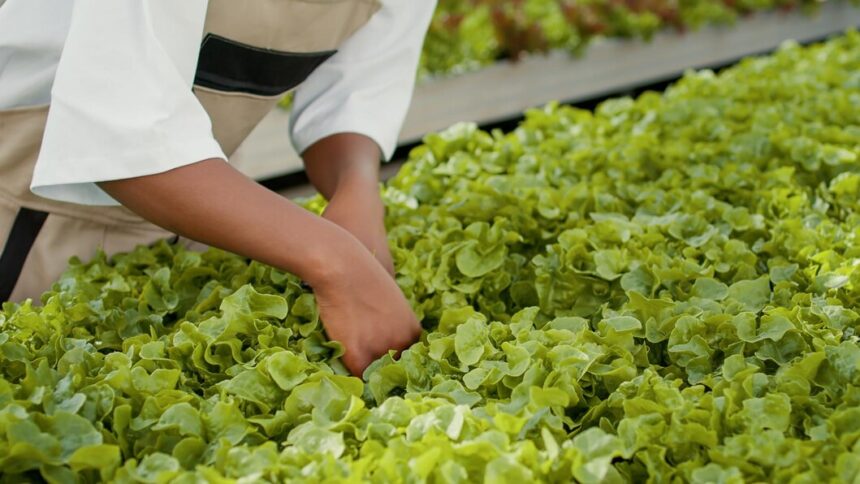As the demand for non-GMO (Genetically Modified Organism) crops rises, South African farmers are adopting various techniques to cultivate crops without relying on genetic modification. Here are ten effective techniques that can help farmers achieve successful non-GMO crop production:
- Traditional Breeding Methods: Utilize conventional breeding techniques to develop crop varieties with desirable traits. This involves cross-breeding plants to select and propagate those with beneficial characteristics, such as disease resistance or improved yield.
- Organic Farming Practices: Implement organic farming practices that avoid synthetic pesticides and fertilizers. Use natural inputs like compost, green manure, and organic fertilizers to enhance soil fertility and promote healthy crop growth.
- Integrated Pest Management (IPM): Adopt IPM strategies to control pests and diseases using a combination of biological, cultural, mechanical, and chemical methods. This approach reduces the reliance on chemical pesticides and minimizes environmental impact.
- Cover Crops: Grow cover crops during the off-season to improve soil health, prevent erosion, and suppress weeds. Cover crops, such as legumes and grasses, can enhance soil structure and nutrient content, benefiting future crop production.
- Crop Rotation: Implement crop rotation practices to manage soil fertility and reduce the build-up of pests and diseases. Rotating different crops each season helps break pest and disease cycles and promotes a balanced soil ecosystem.
- Water Management: Employ efficient water management techniques, such as drip irrigation and rainwater harvesting, to ensure optimal water use. Proper irrigation practices help reduce water waste and support healthy crop development.
- Soil Conservation: Practice soil conservation methods, including contour plowing and terracing, to prevent soil erosion and maintain soil health. Healthy soil is crucial for non-GMO crop production and overall farm sustainability.
- Companion Planting: Use companion planting techniques to enhance crop growth and deter pests. Certain plants can benefit each other when grown together, improving nutrient uptake and providing natural pest control.
- Natural Disease Resistance: Select and cultivate crop varieties that have natural resistance to local pests and diseases. By choosing varieties adapted to the local environment, farmers can reduce the need for chemical treatments.
- Education and Research: Stay informed about the latest research and best practices in non-GMO farming. Attend workshops, join agricultural organizations, and collaborate with agricultural extension services to continuously improve farming techniques.
Implementation Tips:
- Local Adaptation: Choose techniques and practices suited to the specific climate and soil conditions of your region in South Africa.
- Record Keeping: Maintain detailed records of crop performance, pest management strategies, and soil health to evaluate the effectiveness of different techniques.
- Community Engagement: Engage with other farmers and agricultural experts to share knowledge and experiences, fostering a supportive network for non-GMO crop production.
By adopting these techniques, South African farmers can effectively produce non-GMO crops, contributing to sustainable agriculture and meeting the growing consumer demand for non-genetically modified foods.
Join 'Farmers Mag' WhatsApp Channel
Get the latest Farming news and tips delivered straight to your WhatsApp
CLICK HERE TO JOIN






